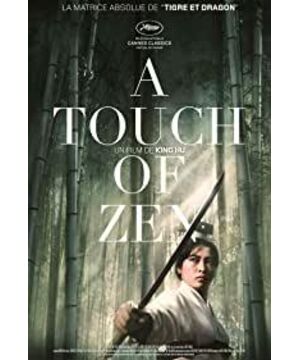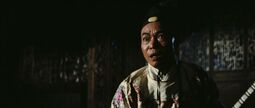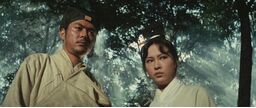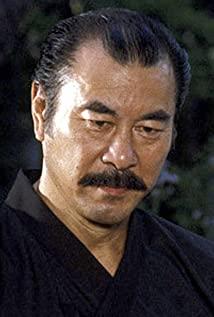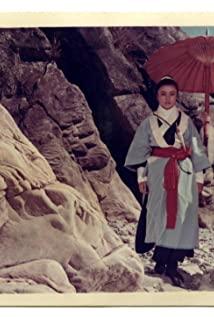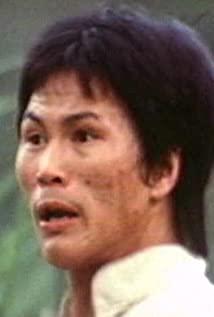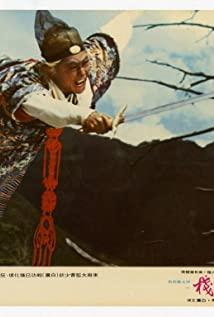"Chivalry" is not only the pinnacle of martial arts movies, but also shows the charm of oriental movie aesthetics well, and interprets what is chivalry and the artistic conception of Zen Buddhism.
Inspired by Pu Songling's story of "The Chivalry" in "Strange Tales from a Studio," Hu Jinquan crafted a story involving ghost stories, political vendettas, and wrongful identities, and ended the story with a long struggle against Buddhism.
The film begins with Gu Xingzhai (Shi Jun), a fallen scholar who runs a painting and calligraphy shop, who is forced to live next to a rumored haunted abandoned village with his nagging mother Gu (Zhang Bingyu). Investigating the mysterious voice at night, he discovers Yang Huizhen (played by Xu Feng), who is on the four walls of the family.
Gu's potential client, Ouyang Nian (played by Tian Peng), turns out to be a spy sent by the evil Eunuch Wei, who is bent on destroying every member of the Yang clan. Blind fortune-teller Shi (Bai Ying) and local village doctor Lu (Xue Han) play roles in the growing hostilities.
Hu Jinquan spent a lot of time arranging the plot in the early stage. The first fight doesn't start until an hour after the movie starts, and it creates a spooky vibe, interspersed with romance and flashbacks. Hu Jinquan thought far, extending the scene far beyond what was necessary, deploying dozens of characters and adding a wide range of symbolism to the obvious moments.
Hu Jinquan learned a lot from Akira Kurosawa and other directors, such as Sergion Leone. Certain passages in "The Maiden" are very similar to the Seven Samurai. On the other hand, it is easy to see that Hu Jinquan's work has influenced almost every subsequent martial arts film. The poetry of the battle in the bamboo forest in "Crouching Tiger, Hidden Dragon" and "House of Flying Daggers", Gu Xingzhai played by Shi Jun has also become a reference model for the cowardly scholar Ning Caichen in "A Chinese Ghost Story", which itself is the whole cycle of martial arts action movies. Source of inspiration. Over the next three decades, the solemn gestures and light-hearted actions of knights will resonate in countless kung fu battles.
The handling of mood and atmosphere in "Chivalrous Girl" is impressive, with Gu Xingzhai's restless, paranoid, lingering every inch the camera captures the complex, sprawling set, bright reds punctuating the murky interior, and later Back to rustic vivid greens and blues. The solemn martial arts theme in Wu Dajiang's soundtrack, Xu Feng's confident performances, gloomy mansions, and sunny battles all make "Chivalrous Girl" a milestone in the genre.
For the description and comparison of Zen Buddhism, Hu Jinquan used more light and shadow to create the atmosphere. In the film, the eminent monk Huiyuan carries the "Buddha Light" that comes after he sheds golden blood. The director waited seven days for the sun to set just behind the actors.
Under the light of Buddhism, the master sits on the top of the mountain like a savior, pointing one hand to the western sky, as if guiding the direction of the Yang family. While chivalry is rare, Buddhism can transcend life and death, transforming people into the ultimate world on the other side.
View more about A Touch of Zen reviews


